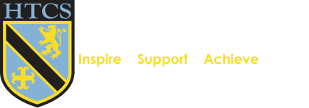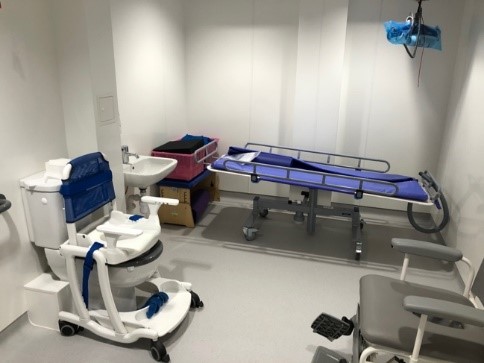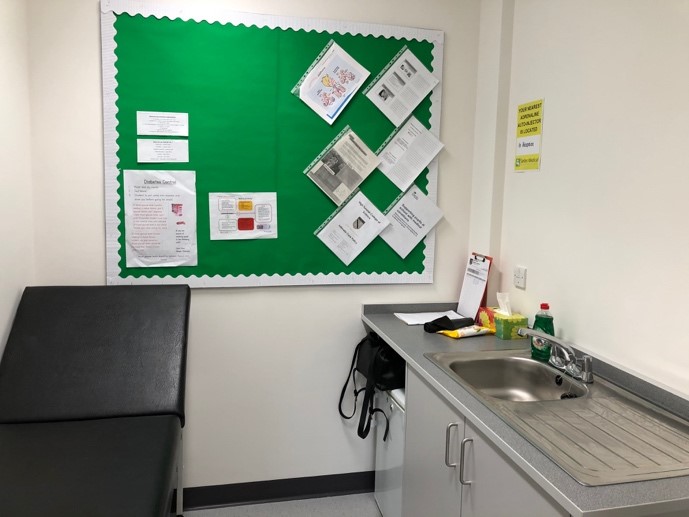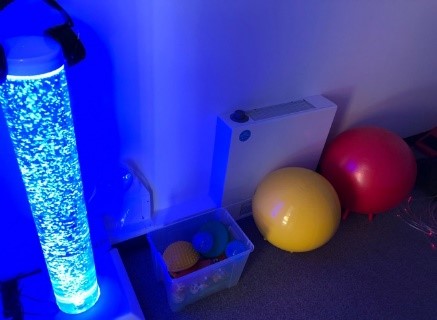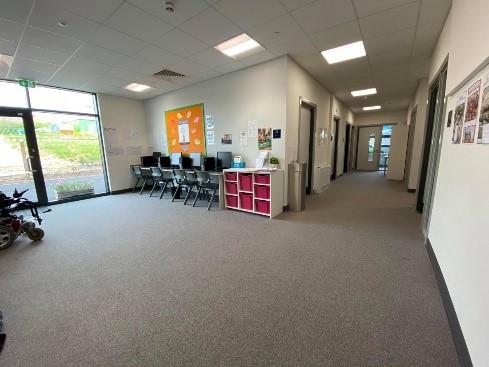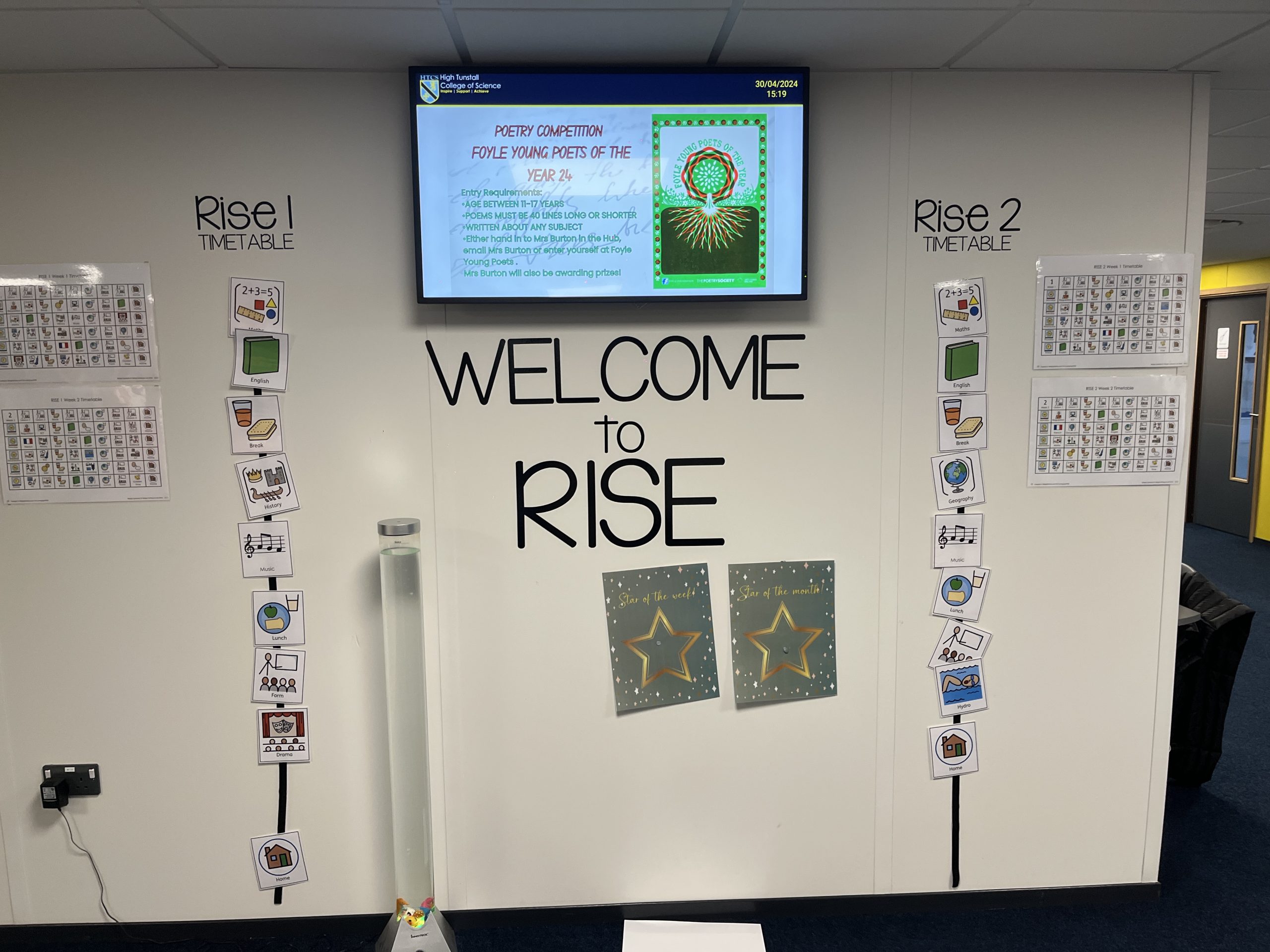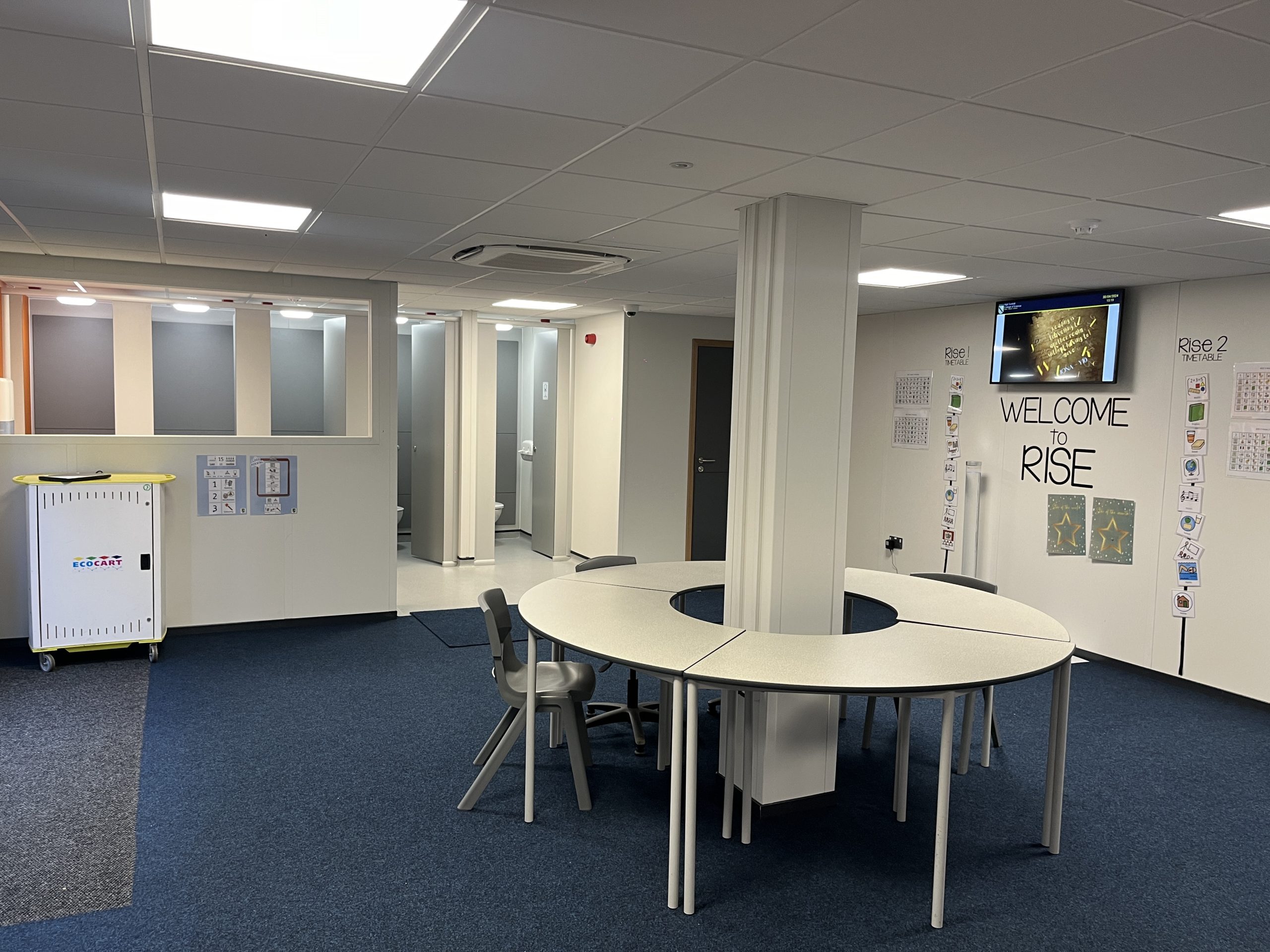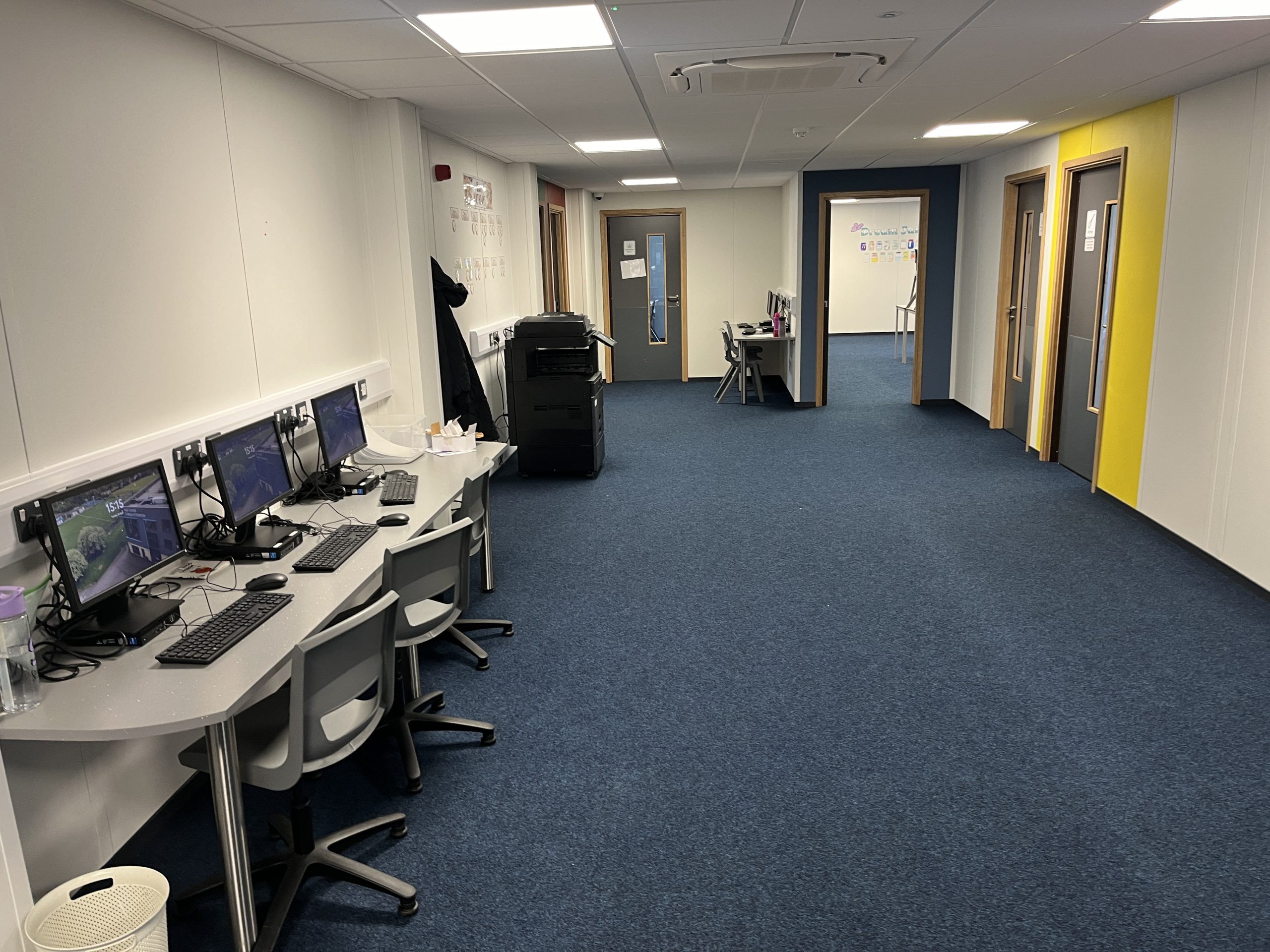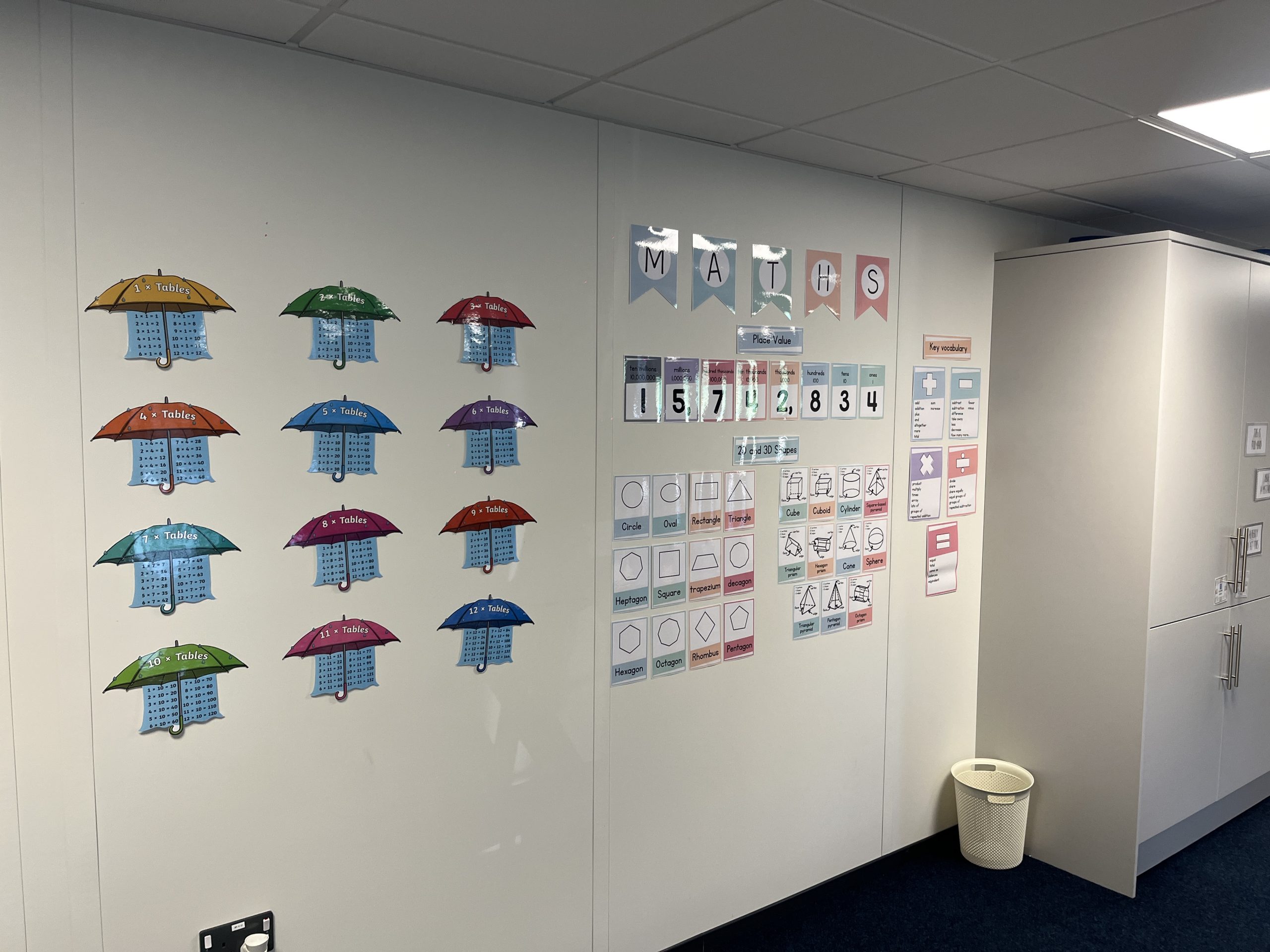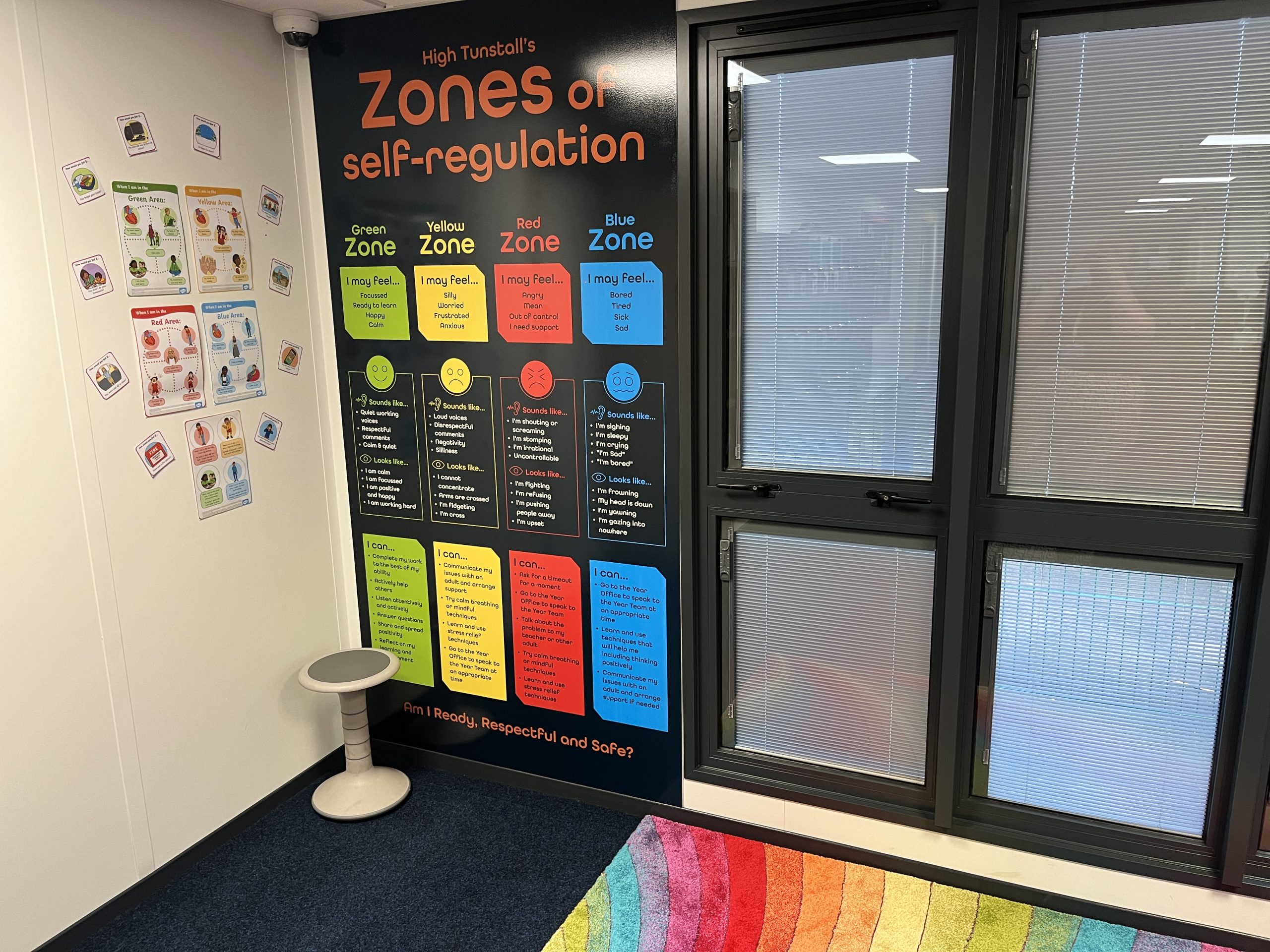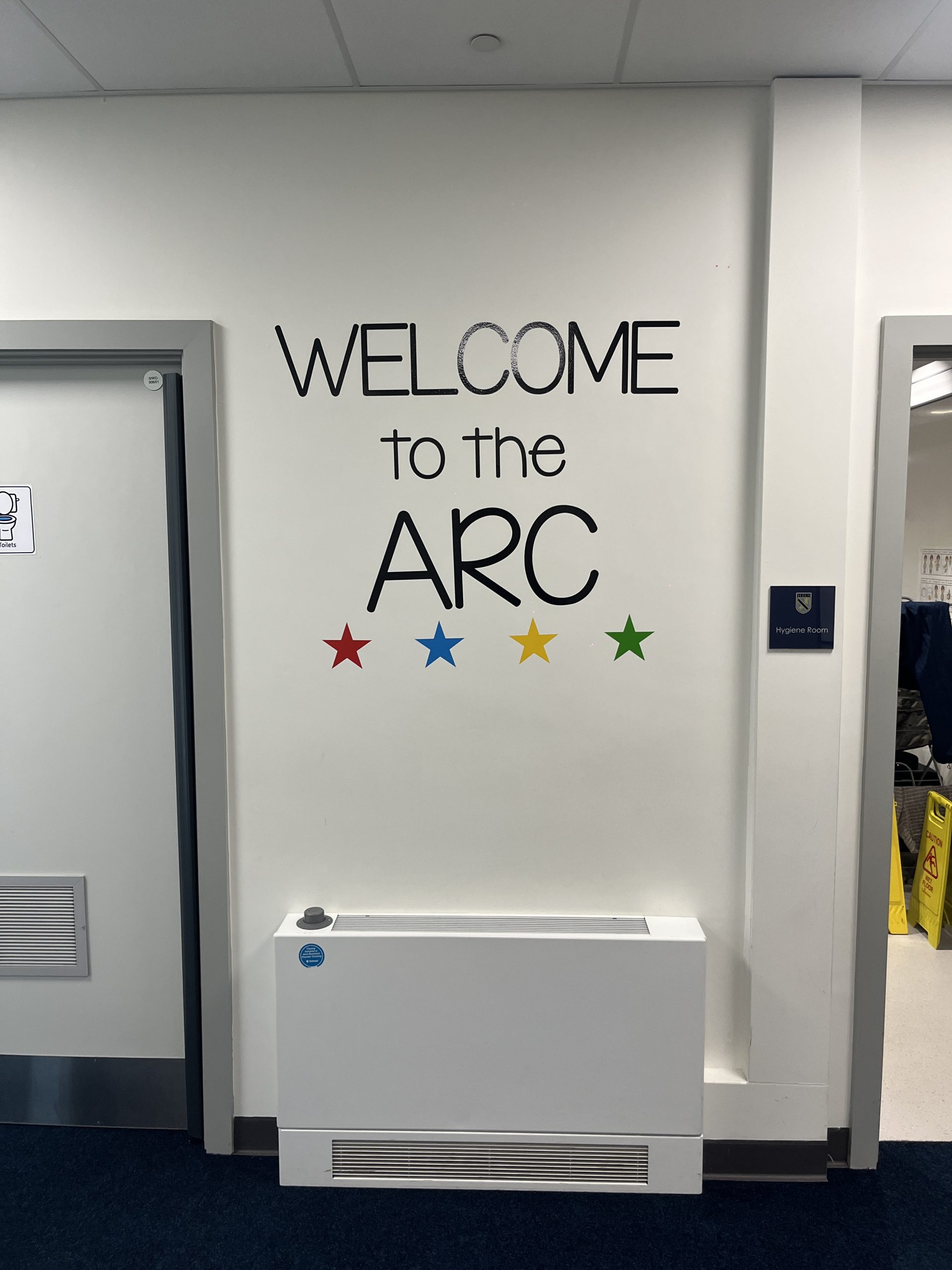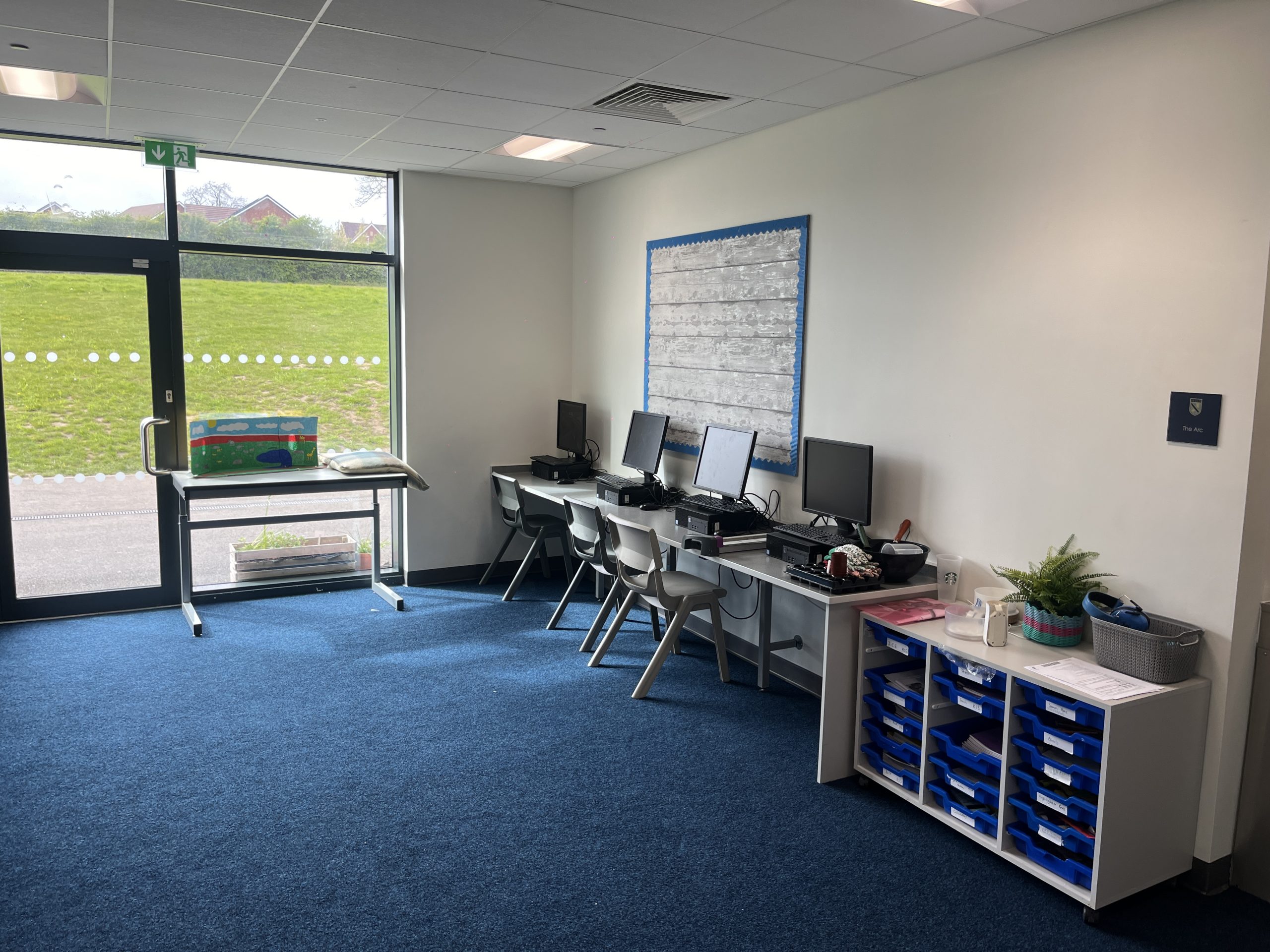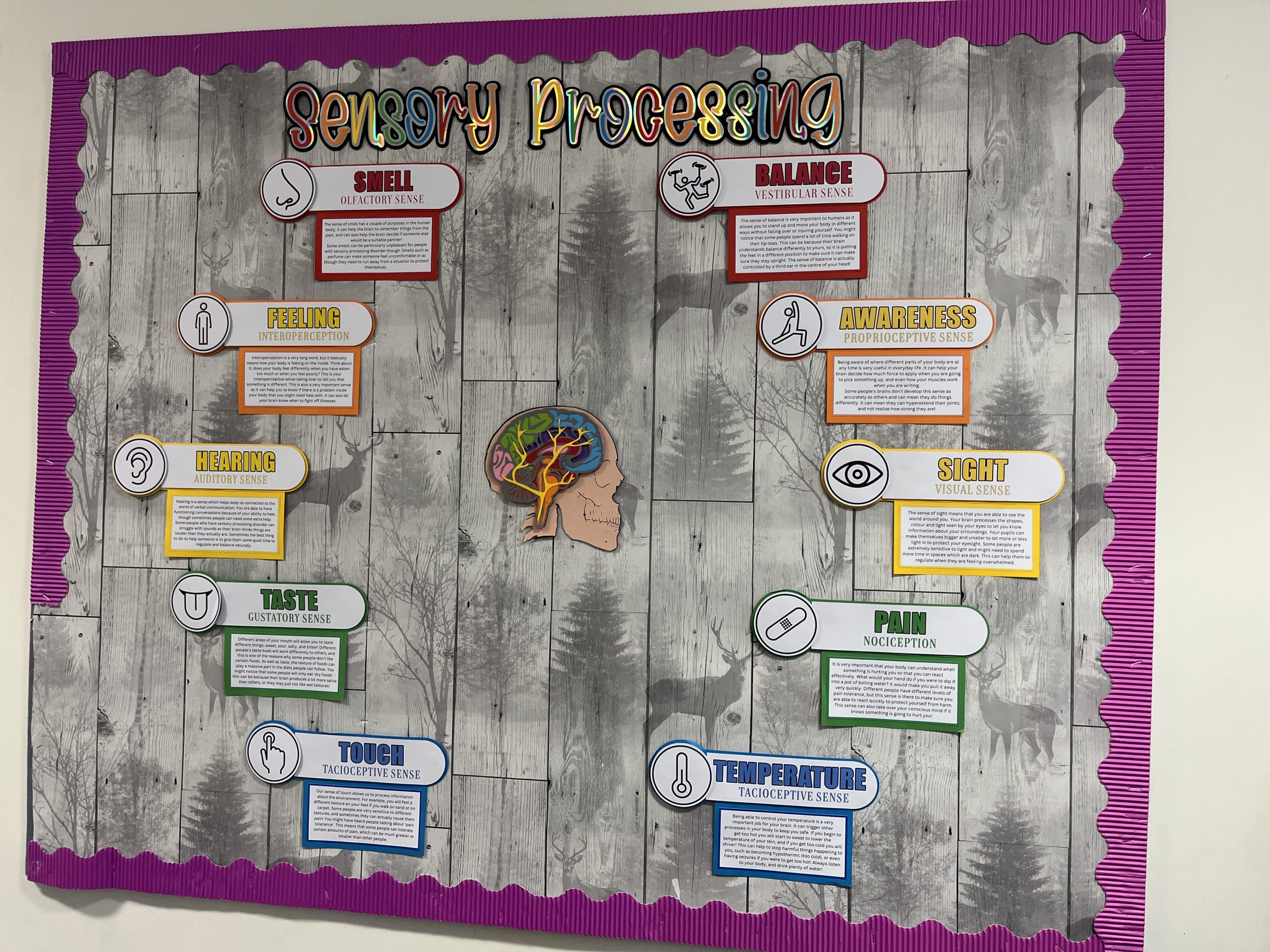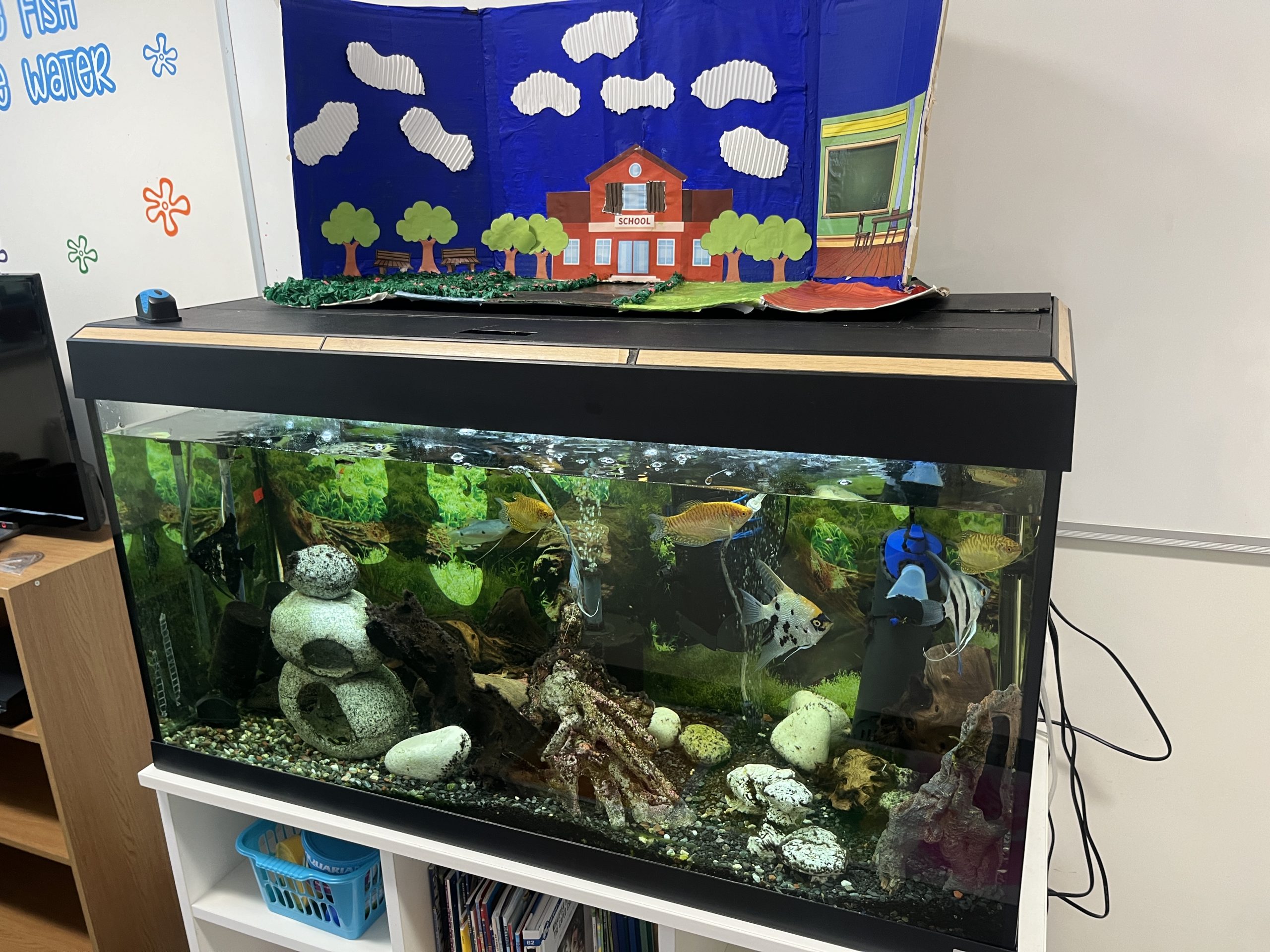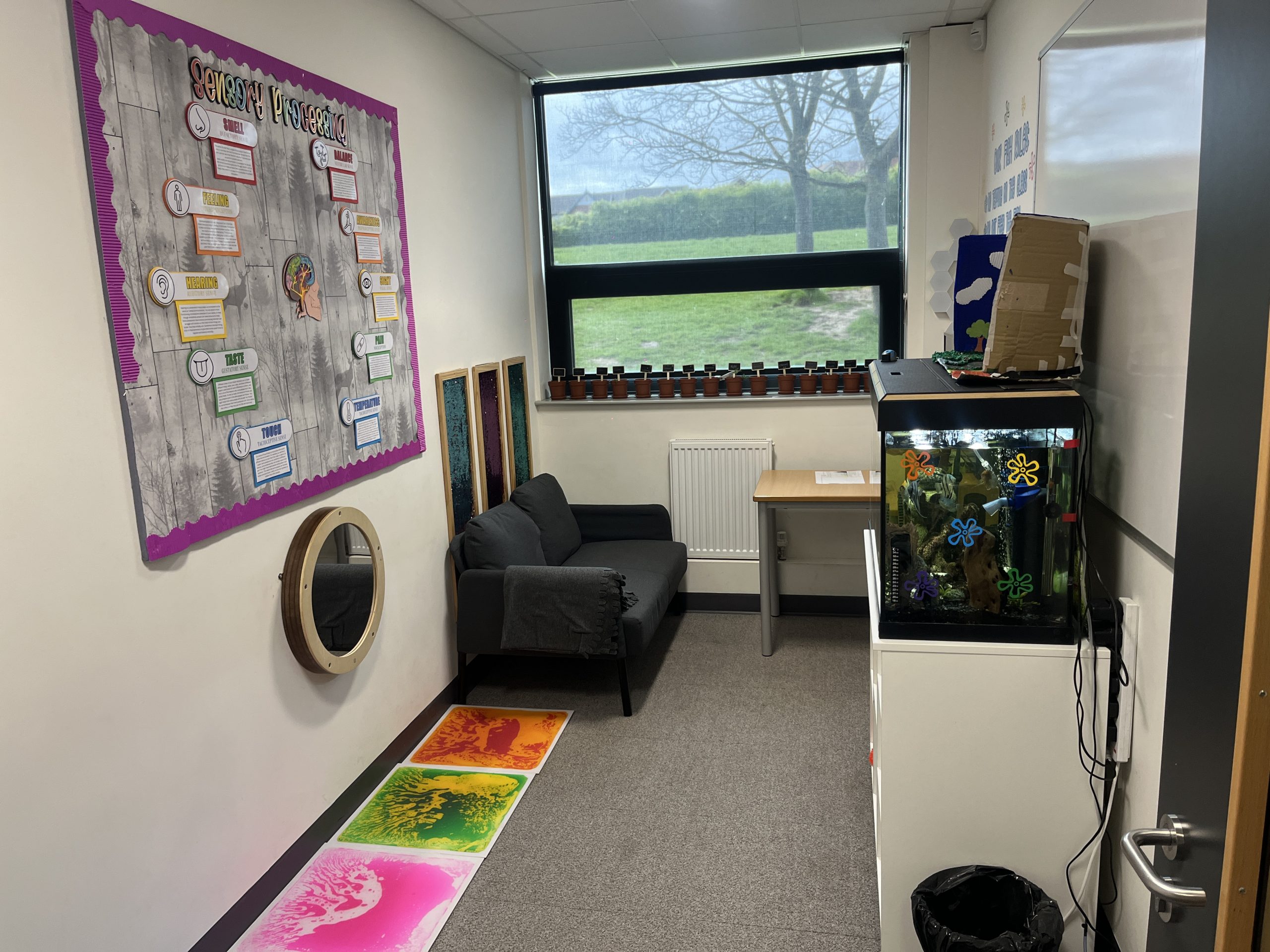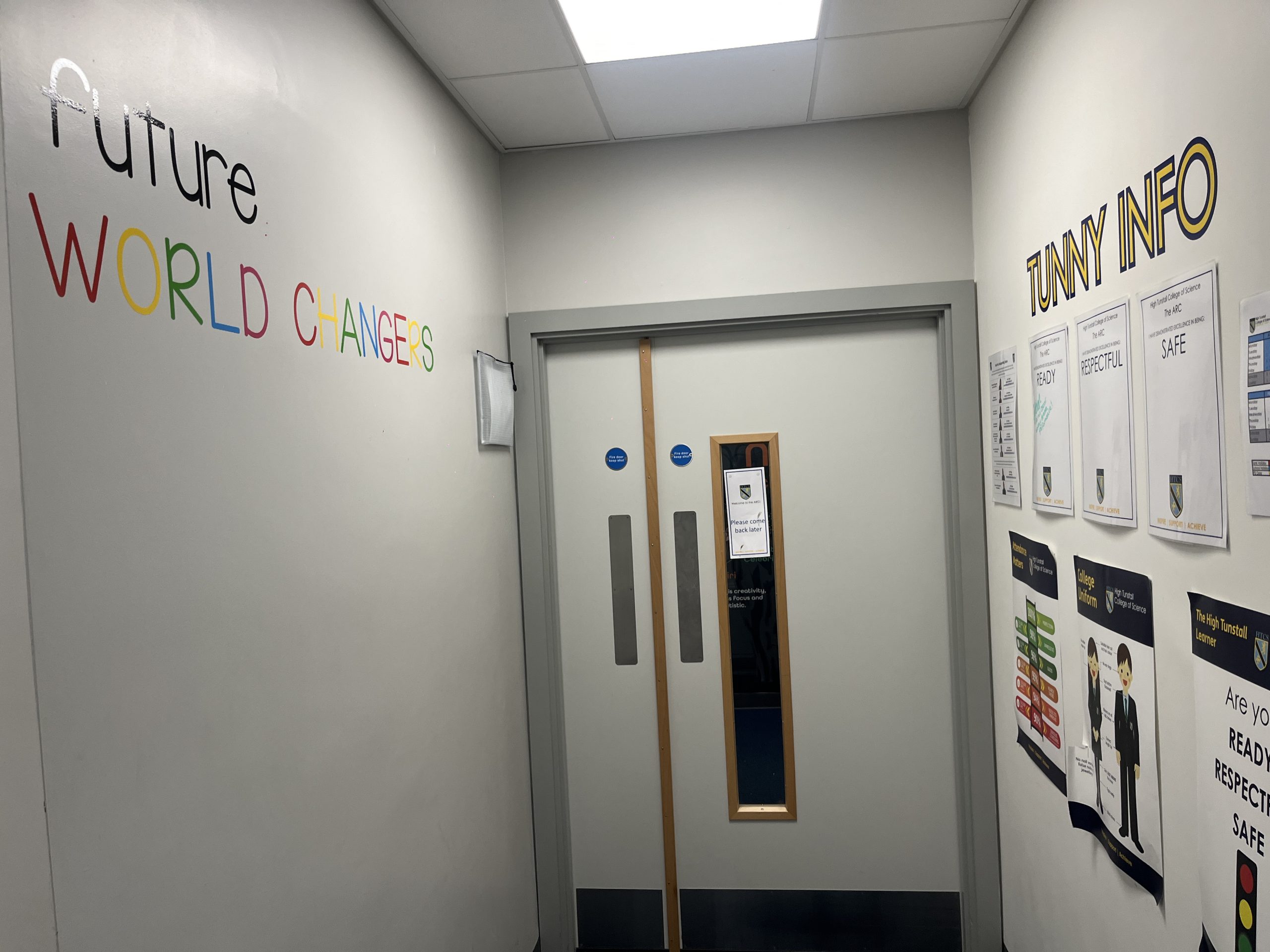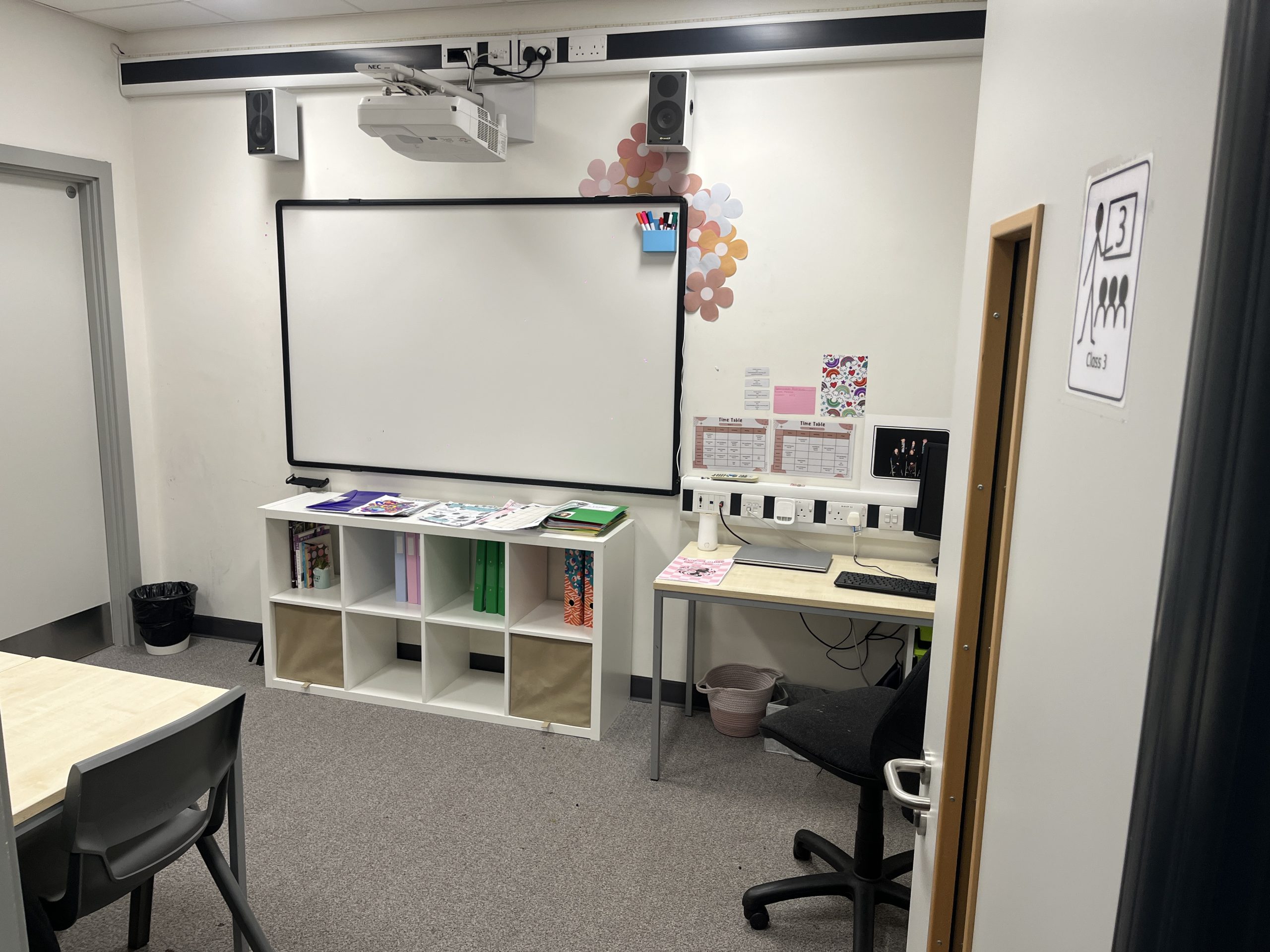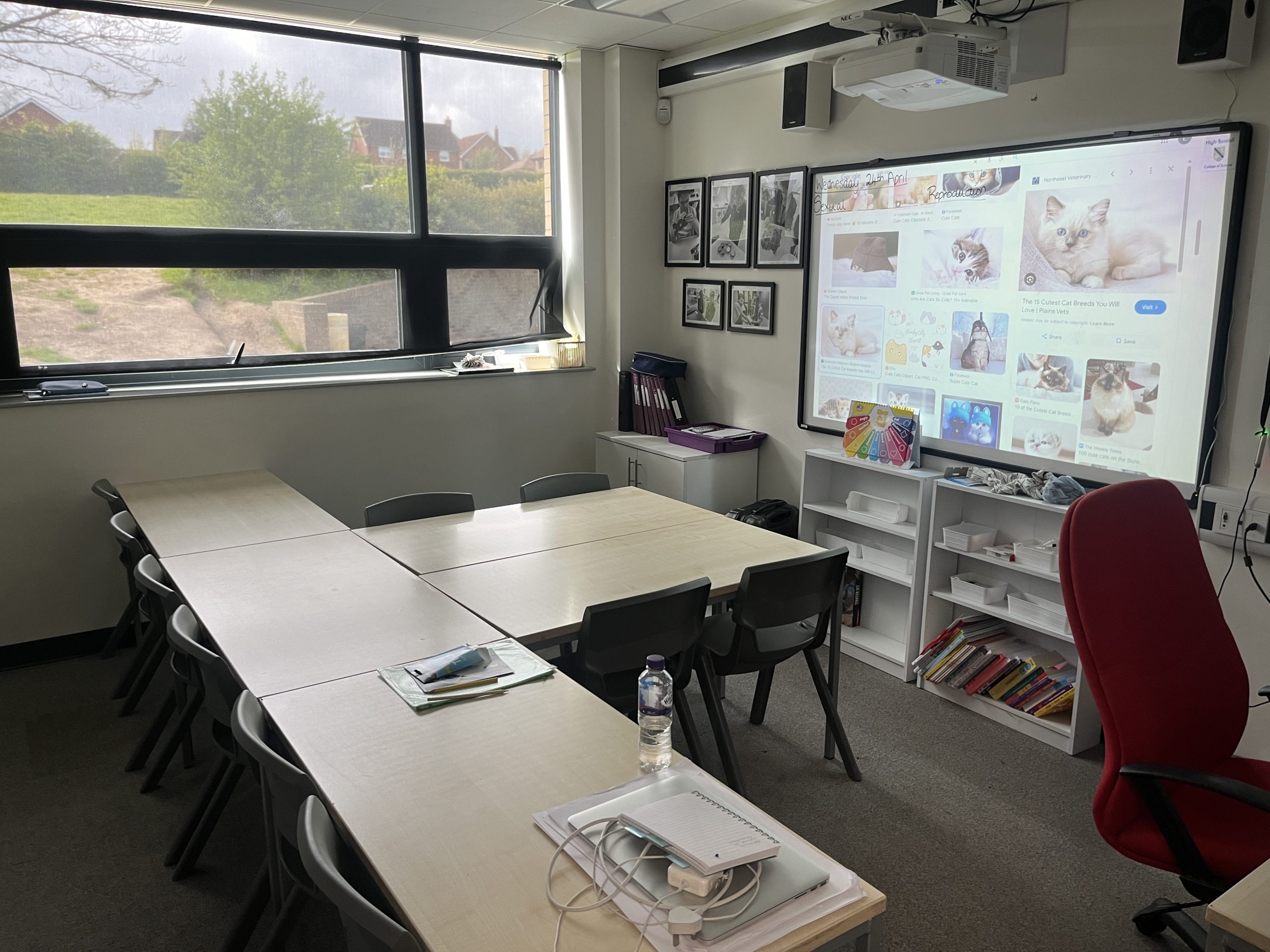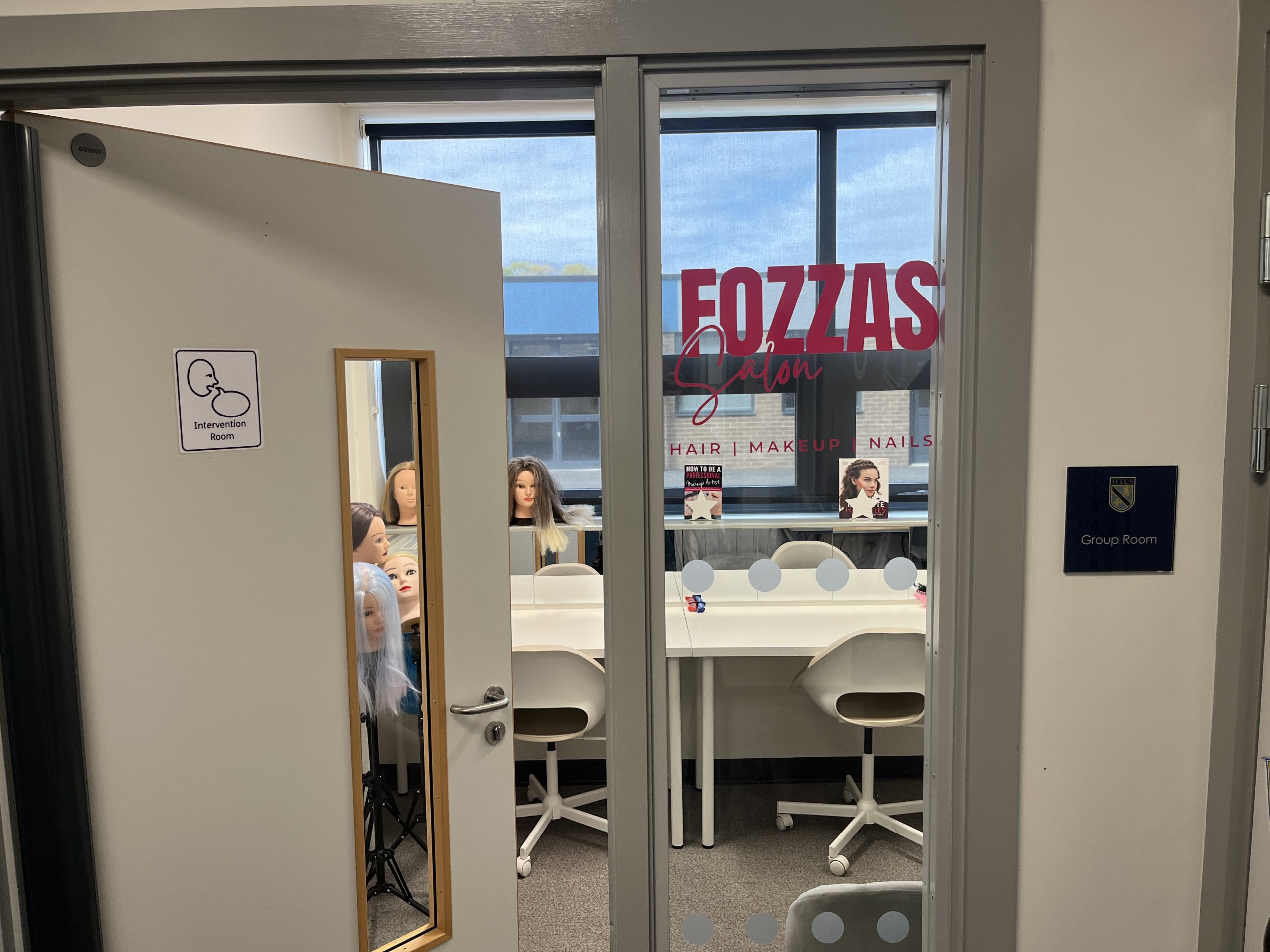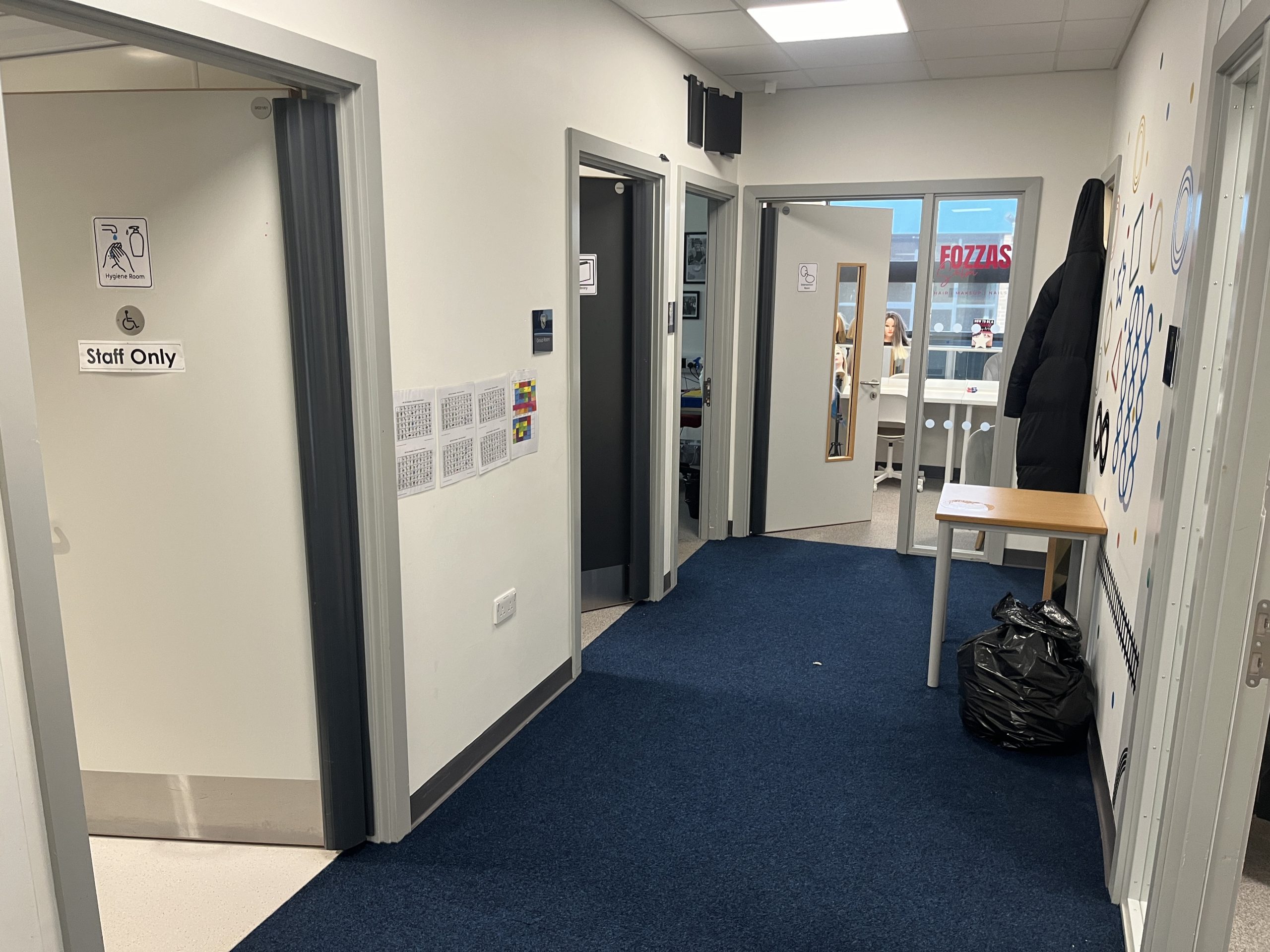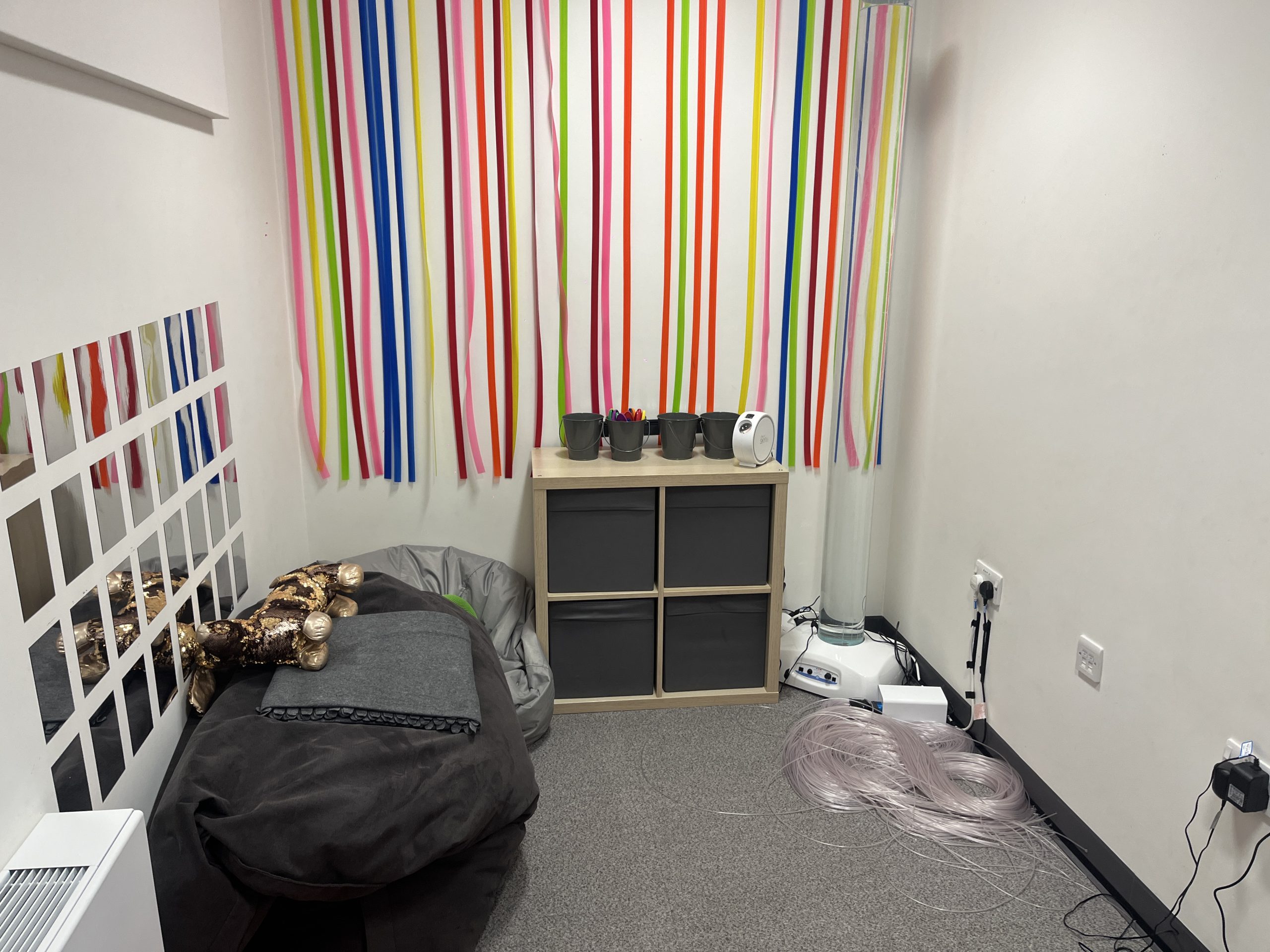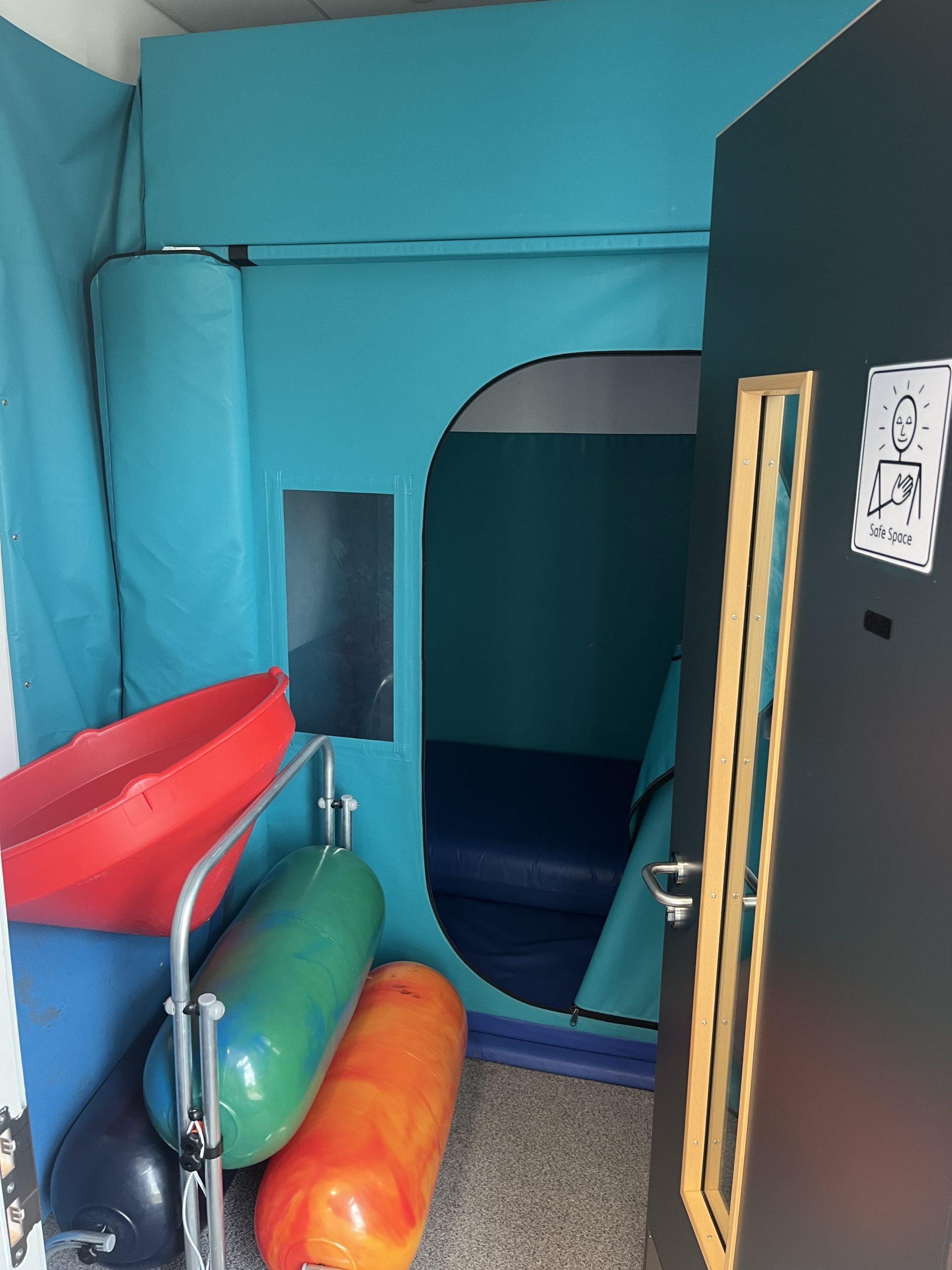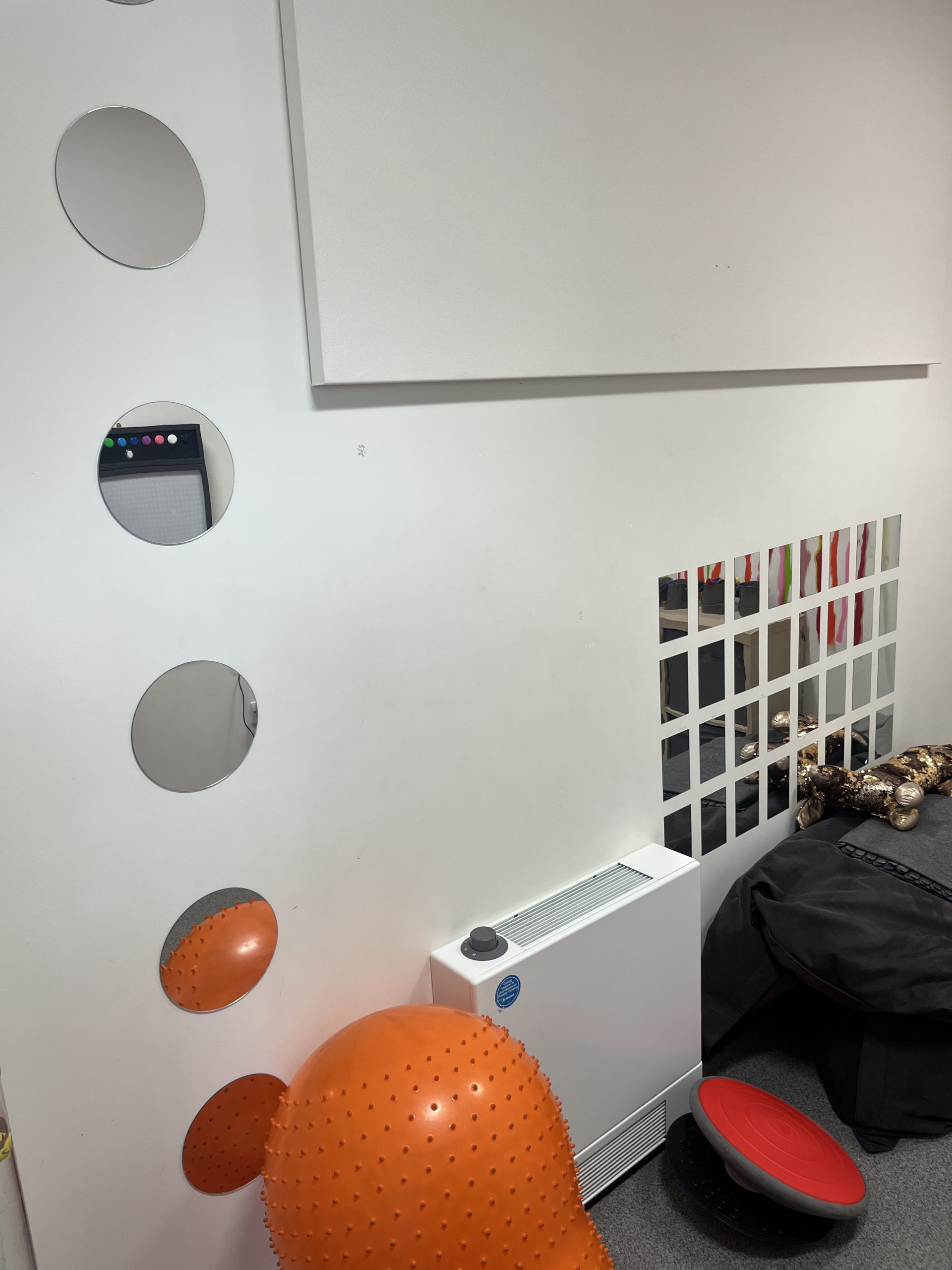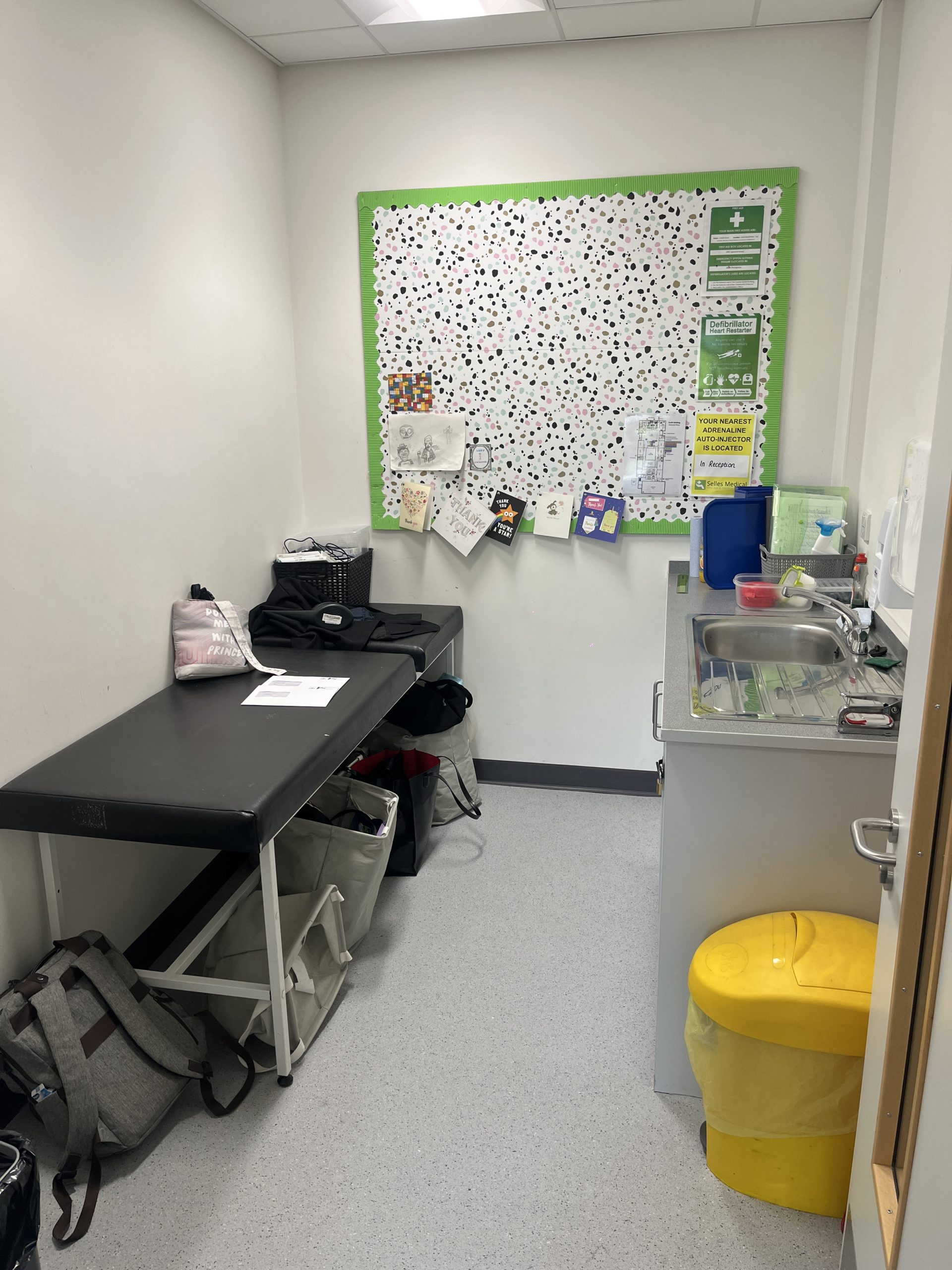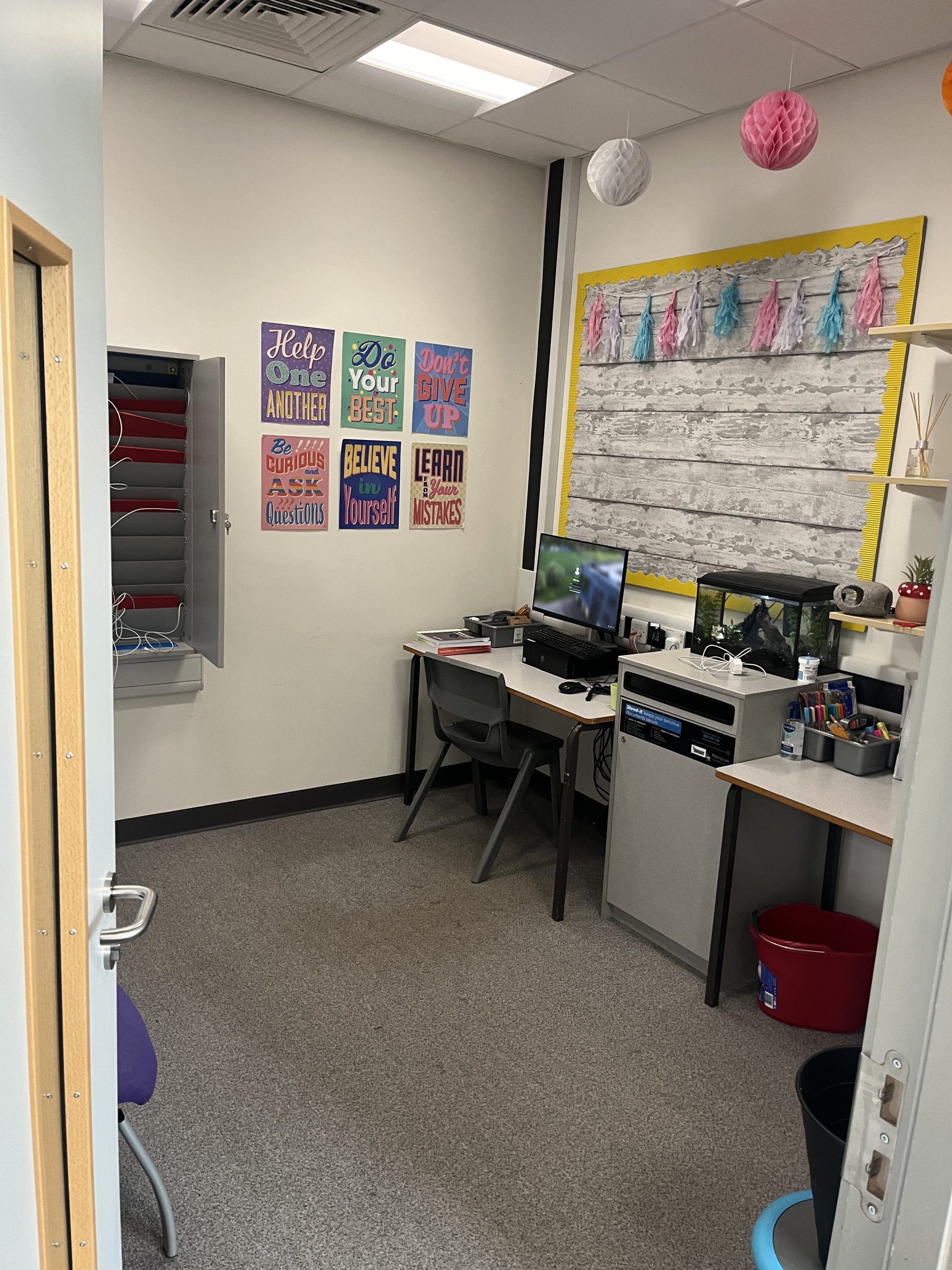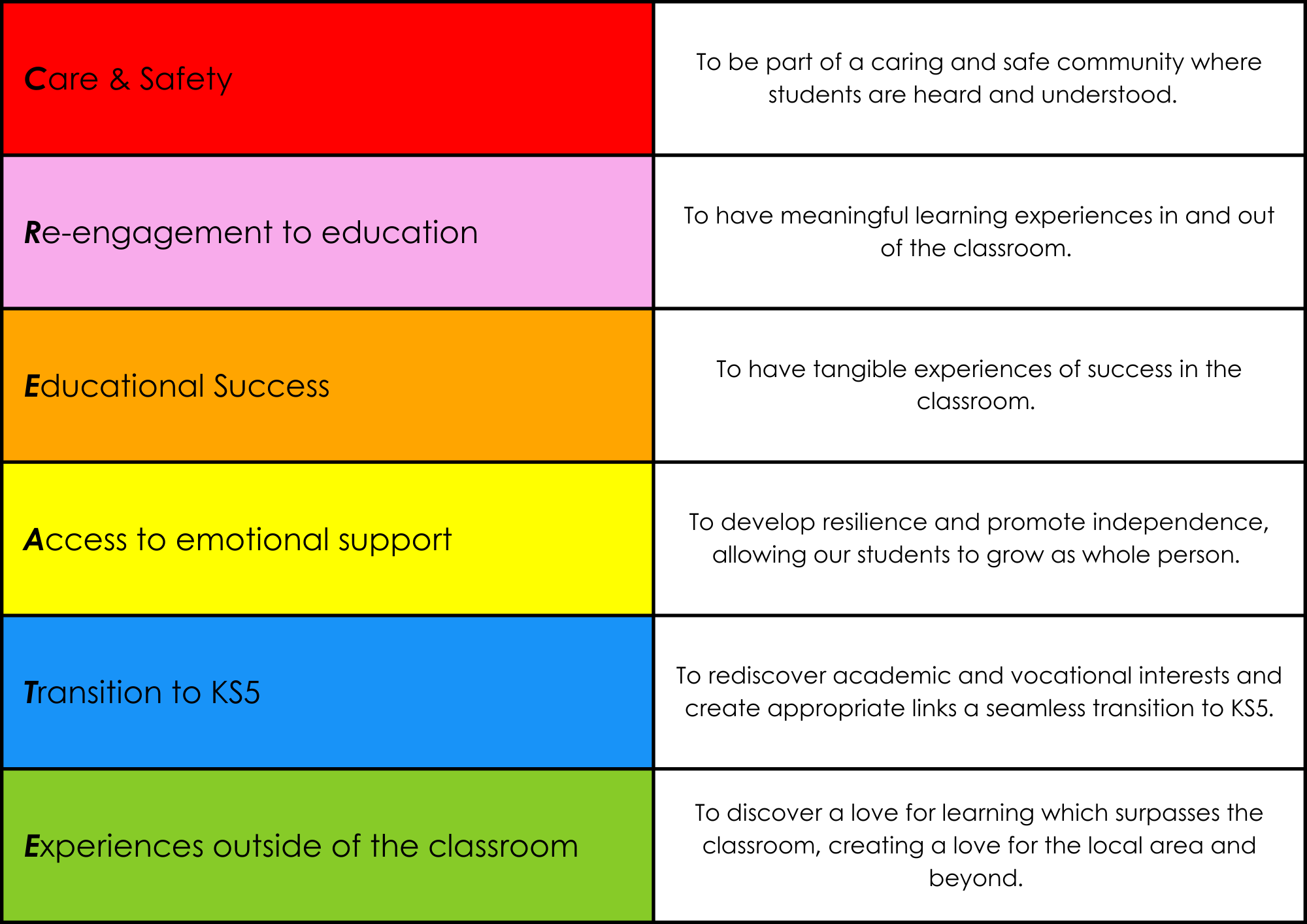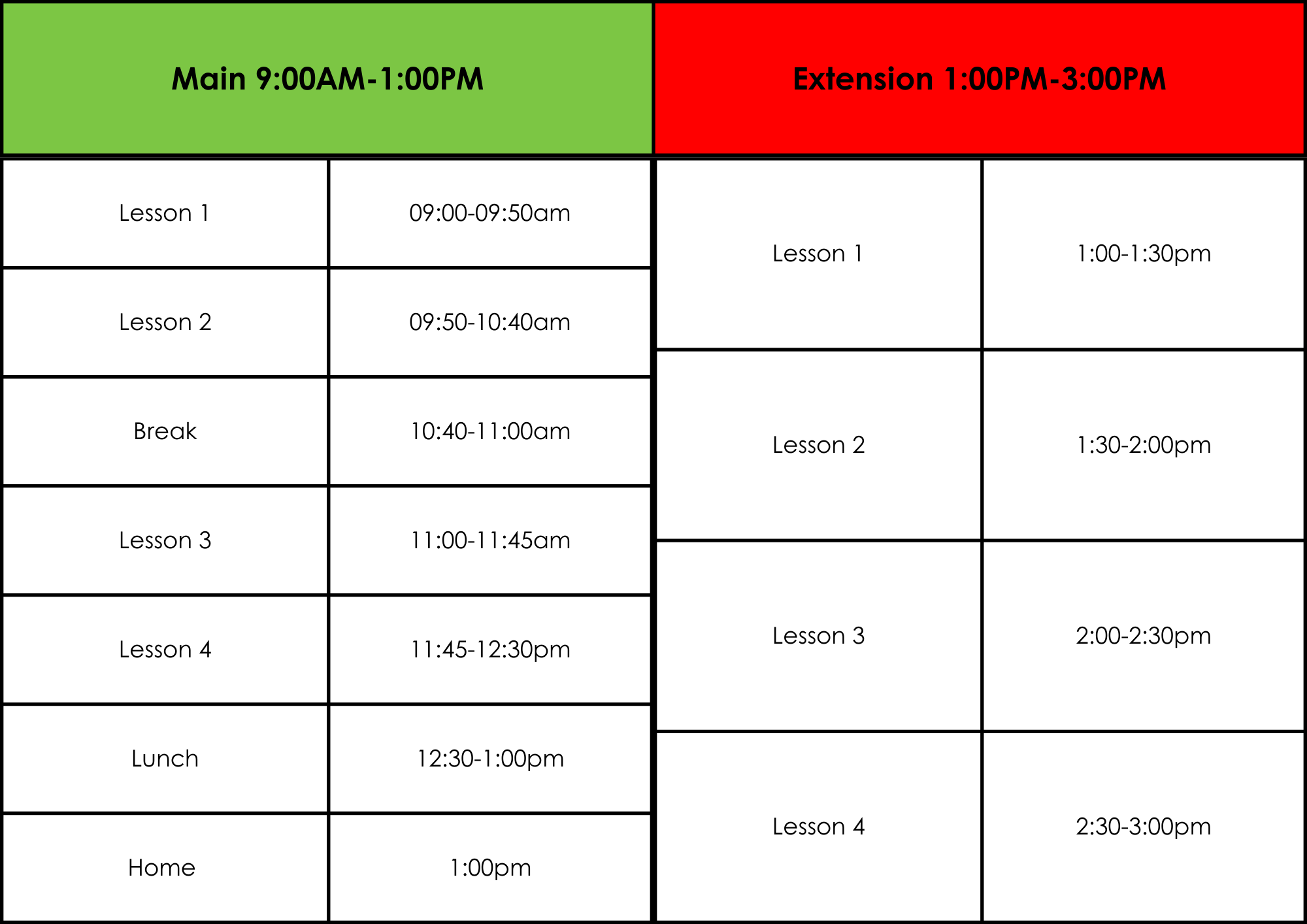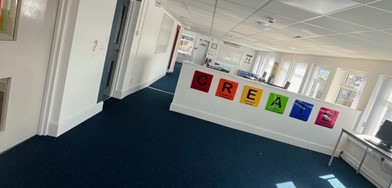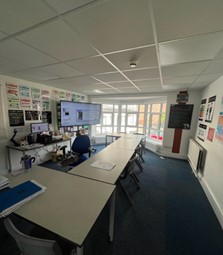‘Knowing every child is key to our community at High Tunstall and is fundamental to understanding special education needs.’
Many young people with additional learning needs can make better, more sustained progress when they attend mainstream school. Additionally Resourced schools operate as part of Hartlepool’s continuum of provision, providing specialist places for a small number of children and young people with higher levels of special educational needs. An Additionally Resourced Provision is a provision, within a mainstream school, designed to provide specialist and targeted support for children with long term special educational needs (SEN).
As a specialist 20 place provision, we aim to create a safe and happy environment for our students, while maintaining their sense of whole school inclusion. We pride ourselves on focussing on the individual needs of each student and creating opportunities for them to succeed both academically and socially.
To allow our students to overcome any barriers within the College, and achieve their full potential, we employ a range of individual and bespoke strategies:
- Specialist ASC and medical needs support within mainstream curriculum lessons that allows students to access learning and fulfil their academic potential
- Differentiation of materials used for teaching and learning within lessons.
- Collaboration between support staff and teachers, enabling students to reach their full potential and enhance their learning through sharing of individual personal Education Health and Care Plan outcomes.
- Access to a specialist social skills curriculum, helping students with their social awareness and encouraging peer friendships that can be maintained.
- Supported social time within the Additionally Resourced Centre to facilitate peer interaction and develop social skills
- Preparation for the challenges and opportunities of a complex and technologically advanced society through creative, innovative and motivating approaches to teaching and learning.
- Work closely with parents/carers and external agencies to allow students to achieve full potential.
Additionally Resourced Provisions are additionally funded which means that a school ARP receives additional resources. Places for the Additionally Resourced Provision are allocated via the Local Authority special educational needs and disabilities team. The Local Authority has the responsibility of identifying students who meet the criteria across Hartlepool.
The key to the outstanding success of the Additionally Resourced Provision is working in partnership with various stakeholders. The ARP has close links with primary schools, other secondary schools, local colleges and parents and carers.
